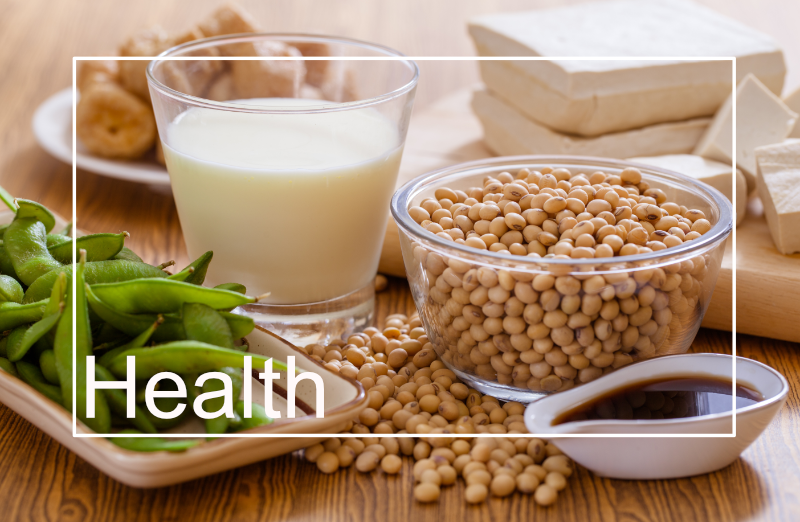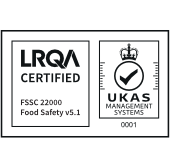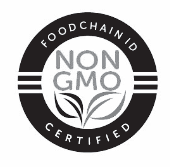
FDA Soy Health Claim
On October 26, 1999, the FDA authorized the use of a health claim for Soy Protein and reducing the risk of coronary heart disease. The regulation provides that 25 grams of Soy protein a day, as part of diet low in saturated fat and cholesterol, may reduce the risk of heart decease. Soy Foods that contain at least 6.25 grams of Soy Protein per reference amount customarily consumed (RACC), as well as meet the other requirements in the regulation, will be allowed to make a Soy Health Claim.
The Health Claim has boosted an already strong consumer interest in Soy Foods. Consumers are not only consuming traditional Soy foods such as tofu and soy milk in greater numbers; they are also looking to find soy in more mainstream foods such as breads, cereals, snacks and pasta.
Nutrition Benefits of Soy- Soy contains a powerhouse of nutrients
Soy Protein is a High Quality Protein
- Is a great source of protein
- Is the only plant food that is a complete protein
- Provided all the essential amino acids needed for nutrition requirements
- Has as PDCAAS of 1.0, the highest possible score a protein can receive
- Quality of soy protein is equal to milk, egg and meat protein
Soy contains friendly carbohydrates
- For people sensitive to lactose, soy is a dairy alternative and is lactose free
- Has digestive benefits from the oligosaccharides which are fermented to SCFA (short chain fatty acids)
- Has a low glycaemic index, GI – foods with a low GI may decrease the risk of diabetes and reduce blood glucose concentration
- Soy contains both soluble and insoluble fibres
- Soluble fibres lowers postprandial increase in serum glucose
- Insoluble fibre aids in gastrointestinal function
Soy has healthy type of fats
- Most of the fat in soy is unsaturated fat
- 61% of the fat in soy is polyunsaturated, primarily linoleic acid
- 23 of the fat in Soy is mono-unsaturated, primarily oleic acid
- 19% of the fat in Soy is saturated, primarily palmitic acid
- Part of the poly-unsaturated fat in Soy is linoleic acid (7% of the total fat content), which is an omega-3 fatty acid
- Cholesterol free
Vitamins, minerals and other components
- Soy is a good source of many nutrients, B-vitamins, potassium, magnesium, folic acid, zinc, calcium.
- Oxalates and phytates in some soy products may reduce calcium absorption, so calcium fortification of soyfoods may be beneficial
- Isoflavones are phytoestrogens which have biological activity and are almost exclusively found in soybeans
- Isoflavones have a potential positive role in hormone dependent conditions such as cancers and menopause
- Sapiens are insoluble complexes and may hypercholesteraemic effect







